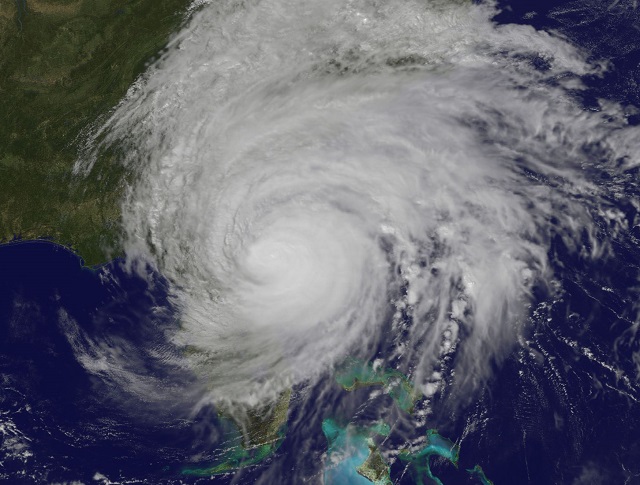Hurricane season can cause wide spread damage and leave your business with lost revenues and extra expenses. While the most comprehensive [and most expensive] insurance policies can cover most, if not all damages associated with natural disasters, if we’re being honest with ourselves, the majority of small business owners can’t afford to go all-in on their coverage; not to mention that storms can still cause an elongated or permanent loss of clientele. According to CNBC,
almost 40 percent of small businesses never reopen their doors after a disaster. This indicates that in order to keep a fighting chance of survival small businesses need to take action before a disaster hits. So, with lessons learned in the aftermath of Hurricanes Harvey and Maria, here are some tips to keep your small business not just surviving, but thriving this hurricane season (June 1 – November 30).
1.
Create a plan and practice with your team – Plan, prepare, and practice! This is essentially the foundation for your business continuity and lessens the impact of a hurricane. While technology typically affords many of us advanced warnings of natural disasters, if there is no contingency plan in place there is not much that can be done to keep your business operating as normal. Assemble a team of key personnel to organize planning: run drills and conduct training to include identifying critical equipment, file storage, & relocation of essential supplies. Lastly, develop evacuation procedures including routes & exits.
2.
Backup Data – Information technology is crucial to sustaining your business and keeping competitive. Run backups regularly and ensure that they are performed in a timely manner. Secure data and proprietary information with a safe & dependable off-site storage facility.
3.
Make a survival kit – Include flashlights, batteries, personal documents such as ID cards and badges, a 2-week supply of water and non-perishable foods for everyone, and a first aid kit. That said, don’t pack too much as the emergency survival kit should be easy to carry and with ease of mobility.
4.
Rent or Purchase a backup generator – Power outages can affect every industry, from hospitality including hotels & restaurants to food warehouses and data centers. We all think lights off when we hear “power outage” but for businesses, a power outage can cause much more than the loss of light. During an emergency, power outages can cause hospitality businesses to lose thousands of dollars from spoiled food, data centers’ can suffer from financial damages exceeding
$100 million as experienced by Delta Airlines in the summer of 2016, and worst of all, there can be possible deaths due to extreme heat caused by insufficient power to cooling systems (as recently seen in
Florida nursing homes). Having a backup generator installed is essential to staying safe and keeping your business productive during power outages. Heating and cooling, refrigeration, and lighting are all necessities, and without power to keep these resources, businesses run the risk of extreme loss. According to the Federal Emergency Management Agency (FEMA), as much as 80% of companies that don’t have continuity plans in place for hurricane emergencies will go out of business.
Don’t wait until it’s too late to take action and protect your business and your team. Plan ahead and practice with your staff so that everyone is prepared and ready in the event of a natural disaster. An emergency action plan does not guarantee the worst-case scenario won’t arise but it can increase your company’s odds of survival. In the wise words of Stephen King, “There is no harm in hoping for the best as long as you are prepared for the worst.”
Contact Rental Power Solutions today for all your backup generator needs and inquiries.
